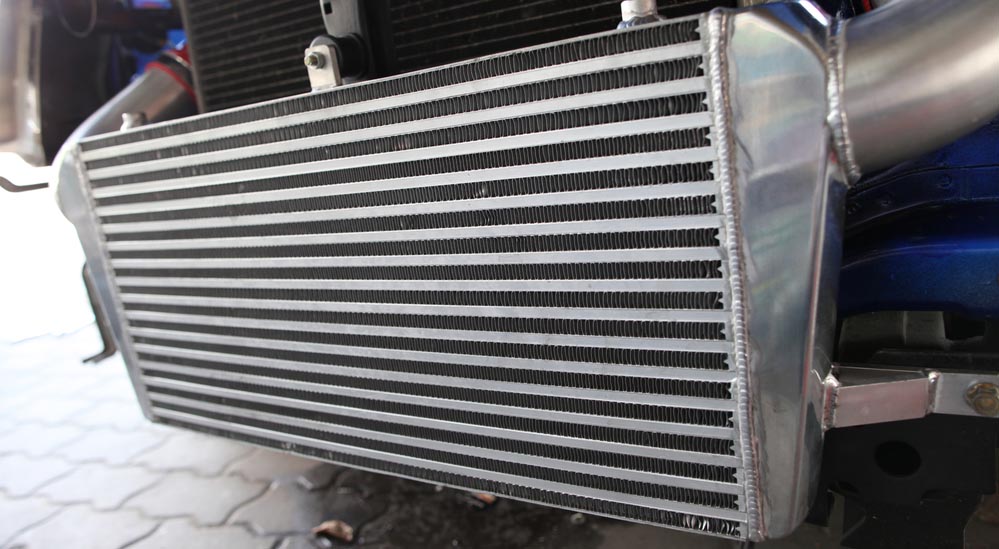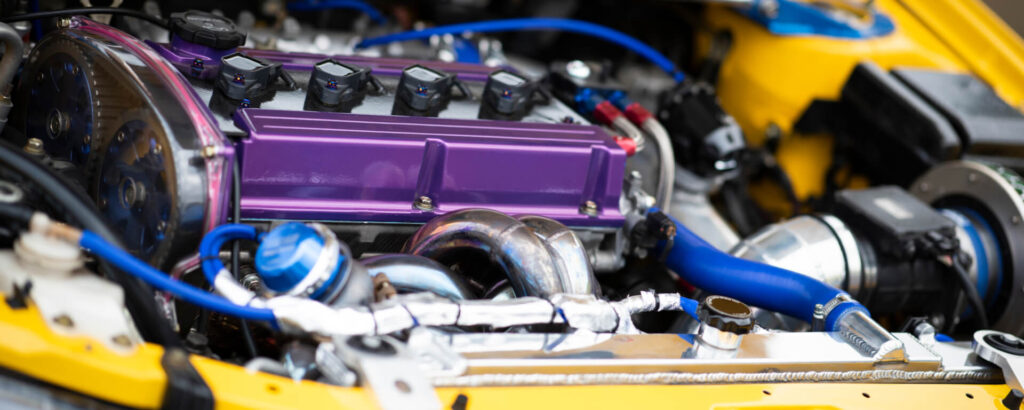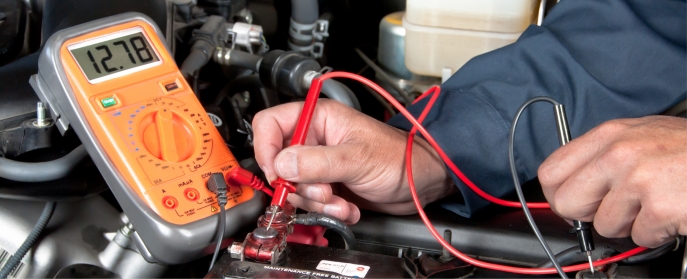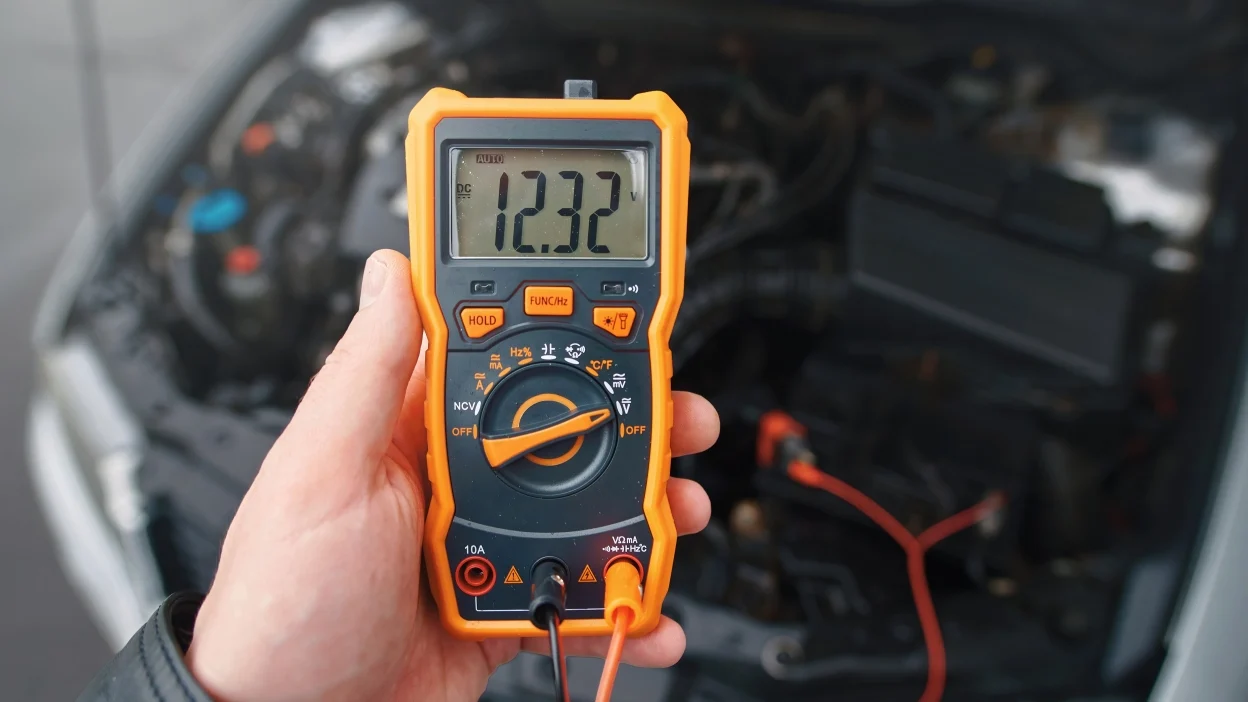An intercooler on a diesel engine cools compressed intake air before it enters the engine. This process increases air density, improving combustion and engine efficiency.
Understanding how an intercooler enhances the performance of a diesel engine is crucial for automotive enthusiasts and professionals alike. Efficient combustion in diesel engines depends heavily on the temperature and density of the intake air. As air gets compressed by the turbocharger, it heats up, which can reduce its oxygen content and thus its ability to support combustion.
The intercooler comes into play by cooling this hot, compressed air, thus increasing its density and oxygen content before it enters the combustion chamber. By doing so, it enables a more potent air-fuel mixture, which leads to more power and better fuel economy while also protecting engine components from heat-related stress.
This component is a critical part of a diesel engine’s turbocharging system, and its effectiveness directly impacts the overall performance and longevity of the engine.
Understanding The Role Of Intercoolers
An intercooler is a critical component in a diesel engine, particularly when combined with turbocharging technology. Serving as a type of heat exchanger, intercoolers cool the hot, compressed air from the turbocharger before it enters the engine, thereby increasing both performance and efficiency.
Significance In Diesel Engines
- Cooler air is denser, carrying more oxygen, which improves combustion.
- Improved combustion leads to higher power output and better throttle response.
- Reduction in engine knock, as cooler air is less likely to pre-ignite.
- Better fuel efficiency is achieved due to more complete fuel combustion.
- Extended engine life by preventing overheating-related stress and damage.
Functionality Of Intercoolers On Diesel Engines
An intercooler plays a critical role in maintaining the efficiency and performance of diesel engines. It is engineered to cool the compressed air coming from the turbocharger before it enters the engine’s intake manifold.
This process is not just about temperature control; it also involves a complex interplay between air density and engine combustion. Below, we will explore the interconnected stages of cooling processes and how air’s tendency to heat up during compression affects diesel engine performance.
Cooling Process
Diesel intercoolers function through heat exchange, where the hot compressed air is cooled before entering the engine. The cooling process occurs as the compressed air passes through tubes or fins in the intercooler, which is exposed to the cooler ambient air, typically at the front of the vehicle.
This heat transfer is crucial because it results in denser air, containing more oxygen, which enhances the combustion process, leading to improved engine performance and efficiency.
- Reduction of air temperature: Reduces the likelihood of engine knock or pre-detonation.
- Increases air density: More oxygen molecules are packed into a given volume of air.
- Better combustion: Enables the engine to burn fuel more completely, increasing power output.
Air Compression And Temperature
| Stage | Process | Effect on Diesel Engine |
|---|---|---|
| 1. Air intake | Air is drawn into the turbocharger. | Improved power and fuel efficiency. |
| 2. Air compression | Temperature and pressure rise. | |
| 3. Air cooling | Intercooler lowers air temperature. |
Construction And Circuit Of Intercoolers
The ‘Construction and Circuit of Intercoolers’ plays a crucial role in the performance of diesel engines. Intercoolers are vital components that cool down the hot, compressed air from the turbocharger before it enters the engine.
This process significantly improves the density of the air, allowing more oxygen to enter the combustion chamber and consequently increasing engine efficiency and power output. Let’s delve into the materials and design elements that make intercoolers so critical for turbo-diesel engines.
Materials Used
- Aluminum Core: Provides high thermal conductivity and corrosion resistance.
- Plastic End Tanks: Used in some models for a cost-effective solution.
- Silicone Hoses: Connect the intercooler to the engine, ensuring durability and heat resistance.
Design And Components
An intercooler’s design is tailored to optimize heat exchange between the hot air and the cooler ambient air. There are two primary types:
- Air-to-Air Intercoolers: These are the most common type used in diesel engines, where the heat from the compressed air is transferred to the ambient air.
- Air-to-Water Intercoolers: Less common and generally used for compact setups, these utilize water as a medium to remove heat from the compressed air.
| Component | Function |
|---|---|
| Core | The central part where the heat exchange occurs. |
| End Tanks | Guide the air from the turbocharger through the core and out towards the engine. |
| Fins | Provide additional surface area to aid in cooling the air. |
| Pipes/Hoses | Connect the intercooler to the engine and turbocharger. |
The construction quality and design intricacies of the intercooler impact not only the performance but also the longevity of the system. With efficient heat dissipation, engines maintain optimal working temperatures, reducing the risk of overheating and potential damage.
Locating Intercoolers In Diesel Engines
The intercooler plays a pivotal role in maintaining the efficiency and power of a diesel engine. By cooling compressed air from the turbocharger before it enters the engine, an intercooler significantly enhances overall performance. Let’s explore the positioning of intercoolers in diesel powertrains and its implications.
Optimal Placement
- In front of the radiator, where it benefits from the airflow when the vehicle is in motion (front-mounted intercoolers), or
- Positioned above the engine, quickly accessible to the air intake system (top-mounted intercoolers).
Impact On Engine Performance
- Greater air density reaching the engine’s combustion chamber, translating to better fuel combustion.
- Enhanced horsepower and torque due to cooler, denser air charge.
- Reduction in engine knock, allowing for advanced ignition timing and improved engine longevity.
| Intercooler Location | Pros | Cons |
|---|---|---|
| Front-Mounted |
|
|
| Top-Mounted |
|
|
Comparison And Benefits Of Intercoolers In Diesel Engines
In the realm of diesel engines, intercoolers are vital to optimizing performance and efficiency. This component not only enhances horsepower but also improves fuel economy. By understanding the differences between air-to-air and air-to-water intercoolers, and their respective advantages, vehicle owners can make informed decisions about the type of intercooler that best suits their needs.
Air-to-air Vs Air-to-water Intercoolers
- Air-to-Air Intercoolers: Ideal for most light-duty diesel engines, these intercoolers use ambient air to cool the compressed intake air. They are known for their simplicity and reliability.
- Air-to-Water Intercoolers: Often used in high-performance or heavy-duty applications, these intercoolers transfer heat from the compressed air to a water-based coolant. They can be more efficient than their air-to-air counterparts, especially in tight engine compartments where airflow is limited.
| Feature | Air-to-Air Intercooler | Air-to-Water Intercooler |
|---|---|---|
| Efficiency | Good | Excellent |
| Installation | Easier, Less Complex | More Complex |
| Cost | Generally Lower | Higher |
| Cooling Capacity | Depends on Ambient Temperature | Less Dependent on Ambient Temperature |
Advantages For Horsepower And Fuel Efficiency
- By cooling the intake air, intercoolers increase air density, allowing more oxygen to enter the combustion chamber for a more powerful explosion.
- Cooler air also reduces the likelihood of engine knock, maintaining efficiency and power.
- Enhanced combustion leads to better fuel economy as the engine can produce more power with the same amount of fuel.

Credit: www.motortrend.com
Can You Run A Turbo Diesel Without An Intercooler?
Yes, you can run a turbo diesel without an intercooler, but it may lead to reduced engine efficiency and potential damage from overheating.
How Much Hp Does An Intercooler Add To A Diesel?
An intercooler typically adds 5-20 HP to a diesel engine, depending on other performance upgrades.
Does Coolant Go Through Intercooler?
Coolant does not flow through an intercooler; instead, it uses air to cool the compressed charge.
Does Diesel Intercooler Have Oil In It?
Yes, a diesel intercooler can contain some oil, often due to turbo seal leaks or crankcase ventilation system issues.
Final words
Understanding the mechanics behind diesel engine intercoolers is crucial to maximizing performance. These components play a pivotal role in reducing the temperature of the compressed air before it enters the engine. This cooler air is denser, containing more oxygen, which enhances combustion efficiency and overall power output.
For diesel enthusiasts and daily drivers alike, knowing the function of an intercooler can lead to better maintenance and potentially longer engine life. Embrace the benefits of intercoolers for a smoother, more powerful diesel engine experience.





Leave a Reply